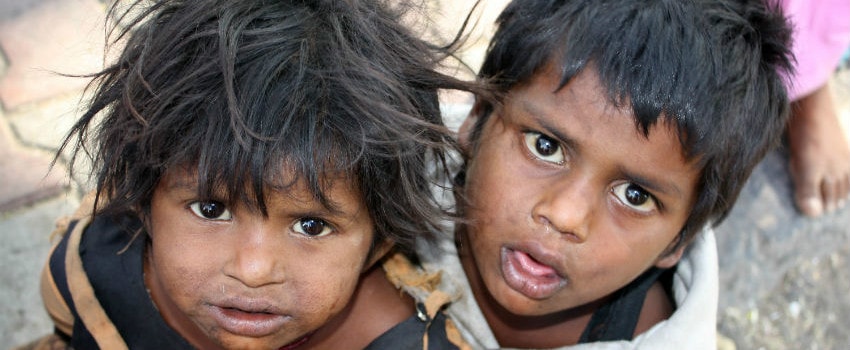
The United Nations has formally declared famine in South Sudan, the first time this has happened in six years. According to Unicef and the World Food Programme, approximately 100,0000 people face the prospect of starvation with more than a million more people on the brink of famine. The situation in South Sudan is grim because the country is in the midst of a food crisis that is threatening the lives of millions of people. The combination of continuous conflict and economic instability in South Sudan has meant that millions of people have been left millions of people without enough to eat and it is estimated that 4.9 million people face food insecurity.
Hunger threatens millions of lives
Across vast swathes of South Sudan, households have seen shrinking access to food whilst cash income has fallen as conflict has disrupted agriculture and other livelihood activities. This has had a serious impact on the economy with inflation touching 800 per cent and pushing the price of staples out of the range of all but a small minority. South Sudan is a basket case with nearly 2 million people internally displaced. With conflict breaking out once again in July last year, nearly half a million people have fled the country making food insecurity worse and increasing the number of refugees to 1.3 million.
Access is needed to save lives
Concern Worldwide’s Regional Director for the Horn of Africa Fearfal O’Connell said aid needs to arrive immediately. A lack of action could mean thousands of innocent people dying because of hunger and we need to do everything we can to prevent this from happening. It is imperative for world leaders to intervene so that all hostilities cease which is necessary to allow aid to arrive.
Concern is responding
Concern is right there on the ground in South Sudan. The aid agency is delivering emergency support for those people who are most in need. Concern is providing emergency nutrition as well as distributing food and water in the areas of the country that have been most critically affected. Concern is scaling up its life saving assistance, but it needs help and cannot stem the tide on its own. The international community must intervene to prevent the famine from escalating. Mr O’Connell says that in the end, humanitarian assistance only goes so far. The only solution is meaningful peace and security.





